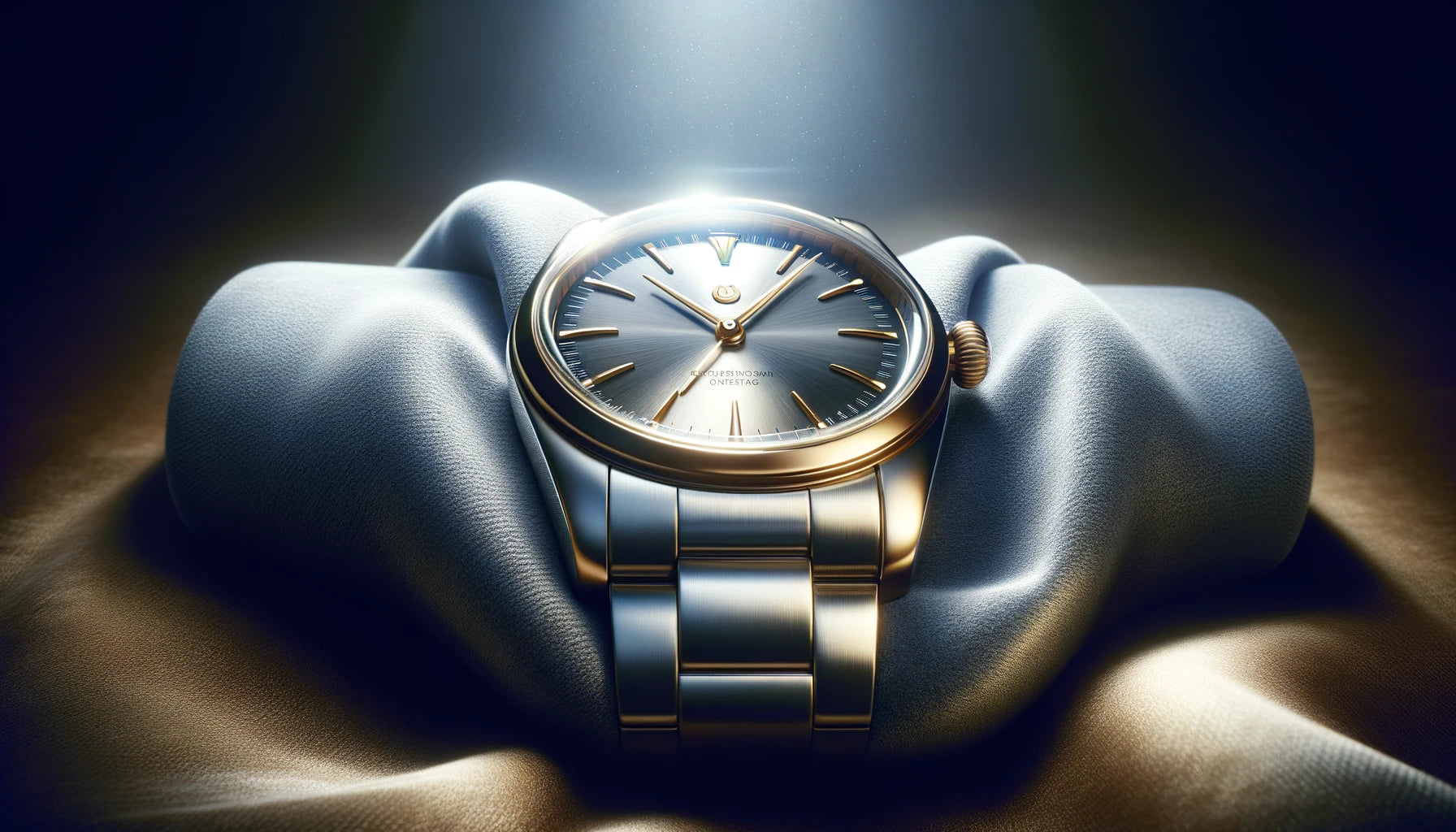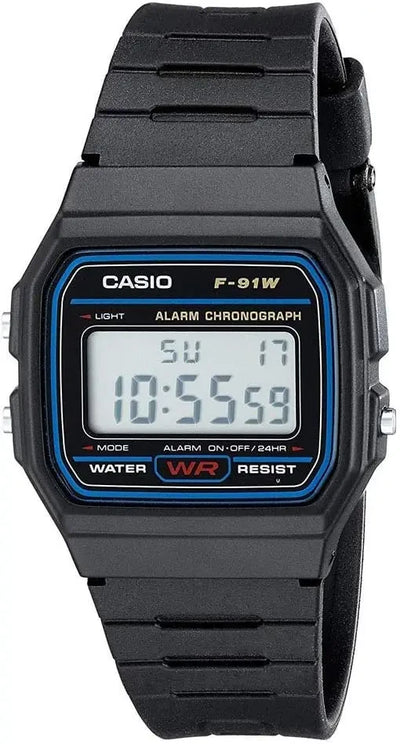
What is a Perpetual Calendar?
The perpetual calendar remains one of the greatest achievements in watchmaking, a symbol of human ingenuity and artistic refinement.



Owning a watch is not only a sign of punctuality, but also an expression of style and personality. However, even the most durable watch is not immune to the inevitable scratches that can alter its appearance. To protect your watch and avoid future damage, choose a suitable watch box , which will not only keep your watch safe, but also add a touch of elegance to your collection.
Whether these marks are the result of daily use or occasional accidents, it is essential to know how to reduce or erase them.
Not all scratches on a watch are equal. They can vary in depth and severity, requiring different repair approaches. 
Additionally, the material of your watch plays a significant role in determining the appropriate repair method.
If you own an automatic watch, using a watch winder can be invaluable in keeping the mechanism moving and preserving the longevity of the watch.
| Watch Material | Susceptibility to Scratches | Recommended Repair Method |
|---|---|---|
| Stainless steel | Average | Light polishing, polishing paste |
| Gold | High | Professional polishing |
| Titanium | Weak | Gentle polishing with cloth |
| Mineral glass | Average | Scratch Repair Kit |
| Sapphire crystal | Very weak | Professional polishing, if necessary |
Before beginning the scratch repair process, careful cleaning of the watch is essential. 
This helps clear the surface of any dirt or debris that could cause further damage during polishing.
| Expert Tip : Always use a soft cloth and a mild watch cleaner when initial cleaning. Avoid water and harsh cleaning solutions, especially if your watch is not waterproof. |
For those looking to maximize their space while keeping their collection in pristine condition, our comprehensive guide to watch boxes offers advice on organization, choice, and the latest trends.
Most watches come with a metal case, often stainless steel or gold , which can become scratched over time. 
For superficial scratches, a simple and effective solution is the use of polishing paste.
For deeper scratches, it may be necessary to call a professional.
Excessive polishing can remove a significant layer of material, potentially altering the design or structural integrity of the case.
Bracelets, especially metal ones, are also prone to scratches. The same polishing techniques used for the case can be applied here, with particular attention to maintaining uniformity of finish across the entire bracelet.
Expert Tip : If your strap has multiple finishes (polished and brushed), be sure to polish only the areas that match the original finish to maintain the original look of the watch.
The watch glass, whether mineral glass or sapphire crystal , requires special attention.
For mineral glass, commercially available scratch repair kits can be effective for superficial marks. 
Sapphire crystal, being much harder, resists scratches better, but is also more difficult to repair yourself. For scratches on sapphire crystal, a visit to a professional is often the best option.
To prevent future scratches, consider the following tips:
Scratches are often unavoidable, but with the right techniques and a little care, you can keep your watch in great condition for as long as possible. For more serious damage, remember that professional watchmakers are there to help.
To learn more about how watch winders work and the benefits, be sure to check out our complete guide to a watch winder .
While many scratches can be treated at home with the right techniques and a little patience, some situations require the expertise of a professional watchmaker. Here is when it is advisable to consult an expert:
Regular professional maintenance can also help keep your watch in excellent condition, extending its longevity and preserving its value.
Scratches on a watch are a common concern for any watch enthusiast, but they don't have to be inevitable. With the right techniques and a little care, it is possible to significantly reduce their visibility and preserve the aesthetics of your watch. Whether it involves delicate polishing at home or professional intervention for more complex cases, the important thing is to act with caution and always prioritize the preservation of the watch.
Have you ever managed to remove scratches from your watch yourself? Which method did you find most effective? Share your experiences and tips in the comments below.
Toothpaste, especially mildly abrasive ones, can be used to reduce superficial scratches on certain types of watch glass. However, this method is less effective on sapphire crystals and may not be suitable for special case or bracelet finishes. Use this technique with caution and test it on a small area first.
Yes, excessive or poorly executed polishing can remove material from your watch, potentially altering its original lines and, therefore, its value, especially for collectible watches. Consult a professional if you are concerned about preserving the value of your watch.
Mineral glass is more susceptible to scratches, but these scratches are often easier to remove than on sapphire crystal, which is extremely scratch resistant but more difficult to repair once damaged. Choosing between the two depends on your preferences for durability versus ease of repair.
The cost of professional polishing can vary greatly depending on the type of watch, the degree of scratches, and the reputation of the watchmaker. It is advisable to request several quotes to compare prices.
Scratches on a leather strap cannot be "removed" in the same way as on metal or glass. However, using certain conditioning products can help hide scratches and improve the overall appearance of the leather. For significant damage, consider replacing the bracelet.

The perpetual calendar remains one of the greatest achievements in watchmaking, a symbol of human ingenuity and artistic refinement.

Which watch is the best-selling in the world among all the brands and models available on the market? We will explore...

Discover our selection of affordable Swiss watch brands for all budgets and desires.
Leave a comment
This site is protected by hCaptcha and the hCaptcha Privacy Policy and Terms of Service apply.